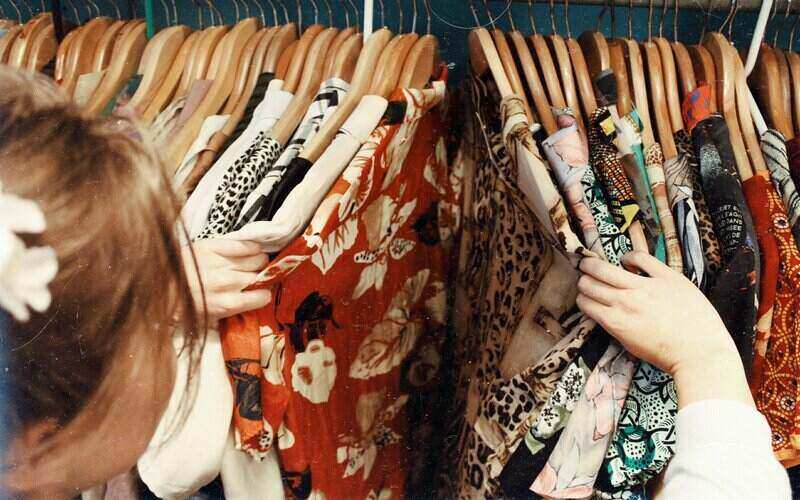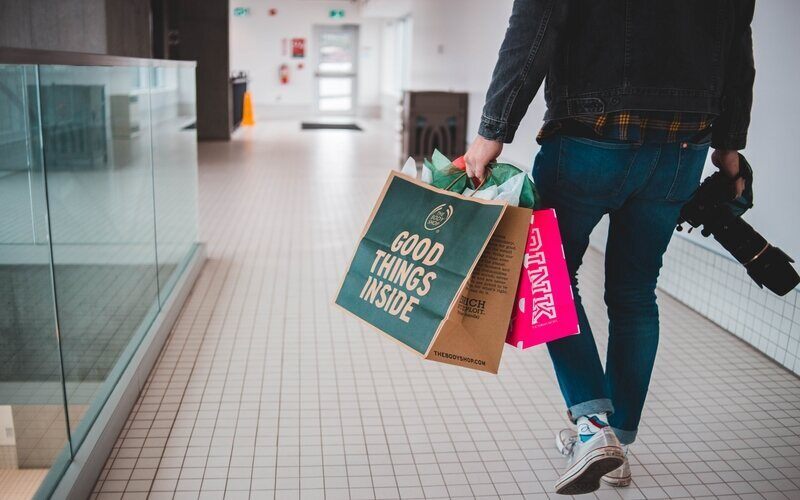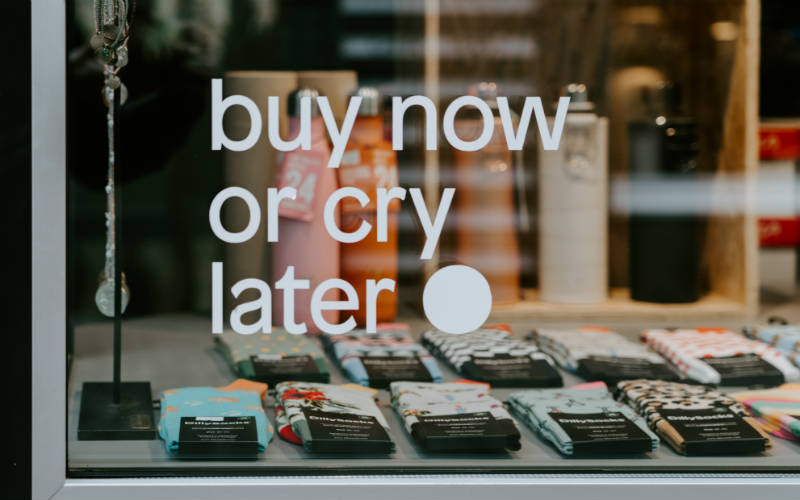The buy now pay later (BNPL) platform reported in its Zip Weekly Spending Index that spending on cosmetic procedures in July 2020 was more than double (+106%) compared to July 2019.
Tattoo shops saw a spike, too, up 59%, even after wider spending remained flat.
Online dating spending has also nearly doubled in a year up 90%.
Car insurance spending is also down 19%, which coincides with many insurers offering policy relief.
Many tattoo parlours and cosmetic surgery clinics re-opened in late June as part of the Federal and many States Governments' stage two reopening phase.
However, Victoria re-entered more serious lockdowns in July, which was reflected in spending data from both Zip, and Commonwealth Bank's credit card report.
"In most states medical care and health spending has held up well despite outbreaks of coronavirus cases. But in Vic(toria) the escalation of shutdown measures have immediately weighed on medical care and health spending," CommBank's report said.
However, CommBank noted that spending on education spiked over 500% in Queensland and the ACT as university semester two fee deadlines were deferred, causing a rush in payments.
Online spending in these states also saw the same relative spike as more classes in vocational and university courses were moved online.
According to CommBank's Household Spending Intentions report, motor vehicle spending intentions also tracked sideways.
However, spending was up slightly in July compared to June, while more people searched for used vehicles.
Overall state spending in Victoria is down 15% compared to a year ago, with NSW's spending trending lower, according to CommBank's credit card data.
Debt consolidation, mental health services spending up
The Zip Weekly Spending Index also indicated spending on debt consolidation services was at its highest rate during the COVID-19 period, up 38%.
Compared to July 2019, spending on mental health and counselling services were also up 47%.
Co-founder and COO of Zip Peter Gray said July was an "incredibly tough" month for many.
"More concerning was the fact that many Australians were turning to debt consolidators, and mental health services to support them during their plight," he said.
The Zip Weekly Spending Index is based on a sample of more than 1.5 million Zip customers, and 300,000 'Pocketbook' users.



 Brooke Cooper
Brooke Cooper

 Hanan Dervisevic
Hanan Dervisevic
 William Jolly
William Jolly


